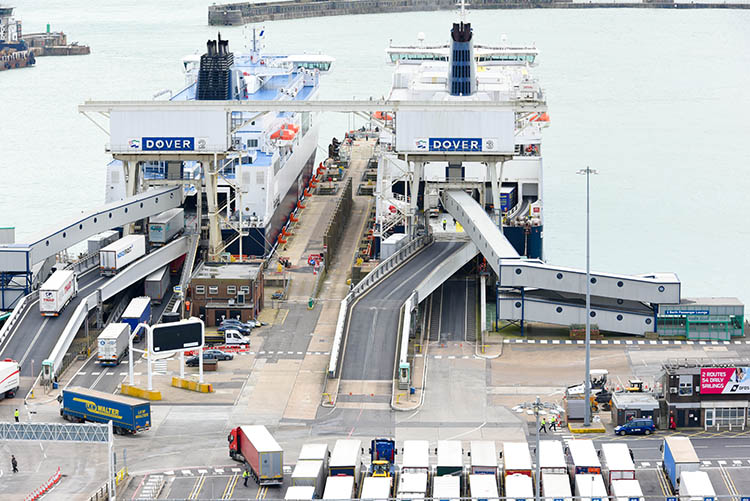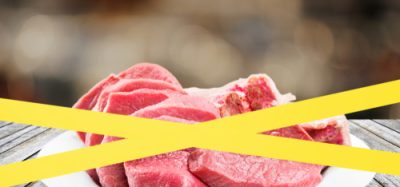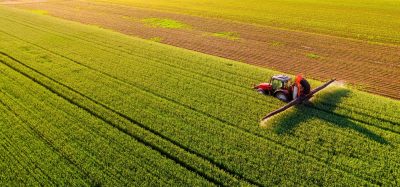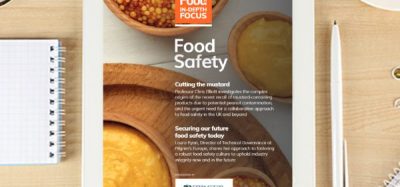UK Government’s African swine fever measures criticised by Dover Port Health Authority
- Like
- Digg
- Del
- Tumblr
- VKontakte
- Buffer
- Love This
- Odnoklassniki
- Meneame
- Blogger
- Amazon
- Yahoo Mail
- Gmail
- AOL
- Newsvine
- HackerNews
- Evernote
- MySpace
- Mail.ru
- Viadeo
- Line
- Comments
- Yummly
- SMS
- Viber
- Telegram
- Subscribe
- Skype
- Facebook Messenger
- Kakao
- LiveJournal
- Yammer
- Edgar
- Fintel
- Mix
- Instapaper
- Copy Link
Posted: 27 September 2024 | Ben Cornwell | No comments yet
Dover Port Health Authority warns that the Government’s African swine fever measures could leave the UK vulnerable to a major disease outbreak.


Image credit: Kelvin Atkins / Shutterstock.com
The UK Government’s newly announced measures to protect against African swine fever (ASF) have come under criticism. In a statement shared with New Food, Lucy Manzano, Head of Port Health and Public Protection at Dover Port Health Authority, expressed serious concerns that the Government’s approach could have disastrous consequences for British farmers and the UK’s pig industry.
In response to yesterday’s ASF announcement, which included a ban on personal imports of pork and pork products as well as an investment of £3.1 million to the Dover Port Health Authority for 2024/25 to support Border Force, Manzano issued a stark warning that “cuts” in funding for 2024/25 could leave the UK vulnerable to a catastrophic disease outbreak.
“Our response to the Government’s announcement on African swine fever checks is one of shock. The funding offered for 2024/25 is a cut to our resources which will eventually see ASF checks reduced to zero at Dover, leaving the UK’s most important border open to catastrophic disease incursion into the country.”
“We are urging the Government to provide this critical funding now and for 2025/26,” said Manzano.
Funding cuts and inland inspections
The Dover Port Health Authority chief was particularly critical of the reduced funding and its consequences for UK biosecurity, highlighting that the Government’s new measures may not be as robust as they appear.
“These actions will not protect British farmers,” Manzano continued. “By cutting the funding and checks which are completed by the Dover Port Health Authority – not Border Force – the Government is actively reducing the protections in place for UK supply chains and farmers.”
She also challenged the Government’s claim that commercial imports are being properly inspected at the border. She stated that the claim was “fundamentally misleading” as under the Border Target Operating Model, which took effect on 30 April 2024, commercial checks were moved 22 miles inland to Sevington, near Ashford, allowing goods to be “pre-cleared” online.
This shift, according to Manzano, has created what she calls an “illegal meat gateway” into the UK. “Hundreds of tonnes of illegal meat [are] coming into the country using the commercial route every month as a result,” she warned, raising alarms about the risks posed to both farmers and consumers.
The UK Government’s efforts to prevent ASF from reaching British shores come in response to an increase of outbreaks across Europe recently, particularly in Poland, Germany, and the Baltic states.
While the new personal import restrictions are seen as a step in the right direction, Lucy Manzano’s comments suggest that more urgent, comprehensive measures are required to safeguard the UK’s £8 billion pig industry.
Related topics
Contaminants, Food Safety, Hygiene, Outbreaks & product recalls, Quality analysis & quality control (QA/QC), Regulation & Legislation, Supply chain, Trade & Economy









